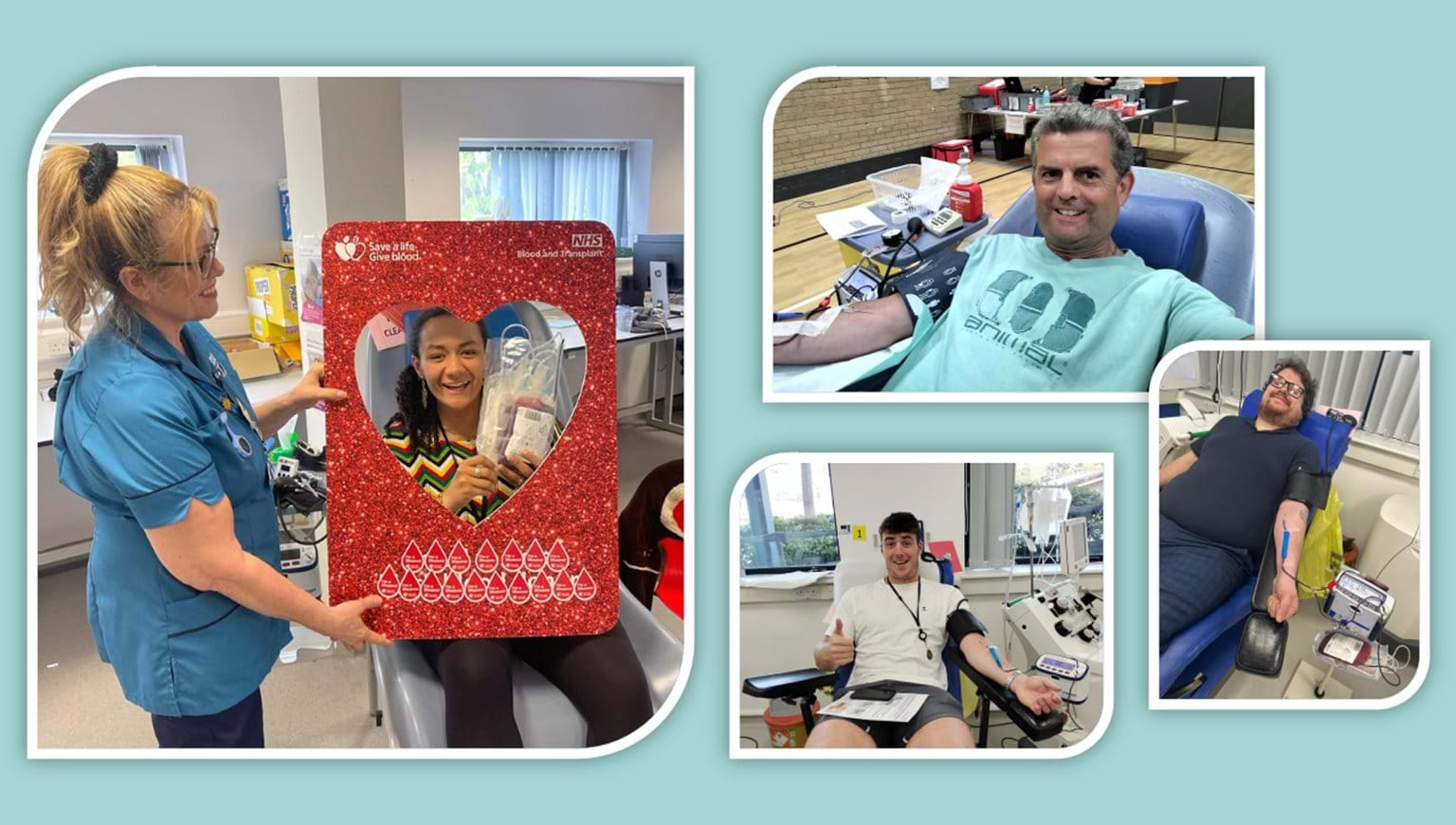News
Why blood donation makes a difference
08 December 2023
What are the facts about blood donation?

At Limbs & Things, our aim is to support the continued learning and training opportunities within the medical community. As a company, we also support our staff in various charitable endeavours, most recently, by putting in place a work-time blood donation policy.
According to the National Library of Medicine, “Blood and blood products are a unique and precious national resource because they are obtainable only from individuals who donate blood or its components. Most countries urgently need a substantial increase in the number of people who are willing and eligible to donate blood in order to ensure a stable supply of safe blood and blood products that is sufficient to meet national requirements.
WHO, the IFRC, the Council of Europe, the International Society of Blood Transfusion, the International Federation of Blood Donor Organizations… recommend that all blood donation should be voluntary and non-remunerated and that no coercion should be brought to bear upon the donor to donate.
A voluntary non-remunerated blood donor gives blood, plasma, or cellular components of his or her own free will and receives no payment, either in the form of cash or in kind which could be considered a substitute for money. This would include time off work other than that reasonably needed for the donation and travel. Small tokens, refreshments and reimbursements of direct travel costs are compatible with voluntary, non-remunerated donation.”1
The World Health Organization (WHO) “estimates that blood donation by 1% of the population is generally the minimum needed to meet a nation’s most basic requirements for blood.”1
While blood transfusions have been around for thousands of years, they were not always safe, and bloodborne diseases could be passed on to the blood recipient. However, in 1975, a plan for testing donated blood was created to “ensure safe, adequate, and sustainable blood supplies and to protect the health of the blood donors and recipients.”1
According to the National Library of Medicine, “blood transfusion is an indispensable component of health care. It contributes to saving millions of lives each year in both routine and emergency situations, permits increasingly complex medical and surgical interventions and dramatically improves the life expectancy and quality of life of patients with a variety of acute and chronic conditions.”1
Collecting blood for donations requires training of staff to perform the venipuncture procedure without complications. Limbs & Things has a very popular range of venipuncture products that aid healthcare providers in becoming confident and competent in their skills.
In the UK alone, it’s estimated that around 4,300 blood donations are needed every day to meet the needs of hospitals.2 Voluntary blood donation can change the lives of many different patients, including those with anemia, and cancer, and nearly a third of donations in the UK are used in emergency situations and surgeries, including childbirth.3
To find out where you can donate, visit the links below, or search online for blood donation in your area.


